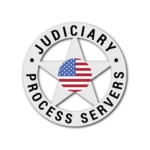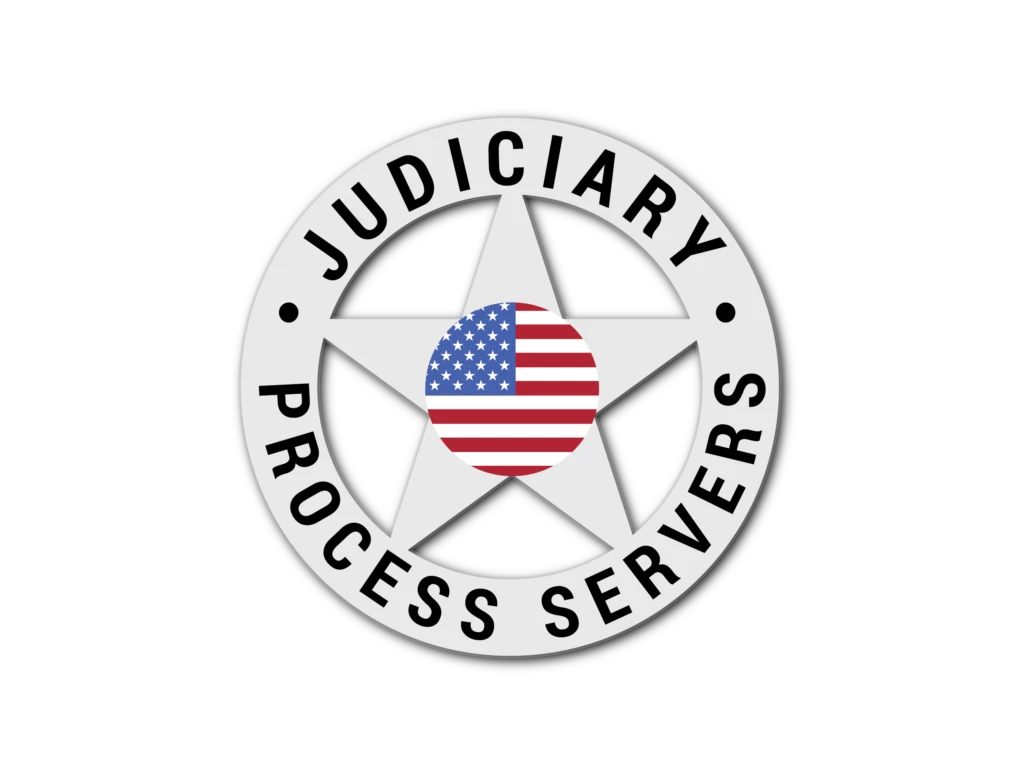Due Process: A Pillar of Justice and Fairness
Due Process: A Pillar of Justice and Fairness
Due Process: A Pillar of Justice and Fairness
Introduction
Due process is a fundamental concept that forms the cornerstone of modern legal systems and is enshrined in the legal and constitutional framework of numerous countries. It is a principle that ensures that individuals receive a fair and just treatment within the legal system. While the specific details of due process may vary from one jurisdiction to another, the underlying principles and values remain constant. This article will explore the concept of due process, its historical development, its significance, and its key components. We will also examine some notable examples of due process in action and the ongoing debates and challenges it faces
The Historical Development of Due Process
The idea of due process has deep historical roots, dating back to ancient civilizations and evolving over time. The concept has been shaped by a long and complex history of legal philosophy and practice.
Ancient Origins: Due process can trace its origins to ancient civilizations such as Ancient Rome and Greece. In Rome, for example, the concept of “iura” included the idea that individuals had certain rights
and protections within the legal system. This laid the groundwork for the later development of due process principles.
Magna Carta (1215): One of the most pivotal moments in the history of due process occurred with the sealing of the Magna Carta in 1215. This historic document, signed by King John of England, established principles that limited the arbitrary powers of the monarchy and introduced concepts like “law of the land” and “judgment of peers.” It laid the foundation for modern conceptions of due process and the rule of law.
English Common Law: Over the centuries, English common law further developed the principles of due process. The English legal system emphasized the idea that no one could be deprived of life, liberty, or property without the lawful judgment of their peers. This concept was later inherited by the United States and other countries.
The Significance of Due Process
Due process is not merely a legal concept; it is a fundamental pillar of justice and fairness in society. Its significance lies in its ability to protect the rights and liberties of individuals in the face of governmental power and ensure a fair and impartial legal system. Here are some key aspects of its importance:
Protection of Individual Rights: Due process serves as a shield against government overreach and arbitrary actions. It ensures that individuals have the right to defend themselves in court, challenge government actions, and be treated fairly under the law.
Safeguarding Against Unjust Punishment: The principle of due process is instrumental in preventing wrongful convictions and ensuring that individuals accused of crimes are given a fair trial. It ensures that
the guilty are held accountable while protecting the innocent from unjust punishment.
Upholding the Rule of Law: The rule of law is a fundamental principle in democratic societies. Due process is a key element in maintaining the rule of law, as it requires that all individuals, regardless of their status or position, are subject to the same legal standards and protections.
Key Components of Due Process
Due process comprises various components that collectively ensure a fair and just legal system. These components may differ in specific legal systems but generally include the following:
Notice: Individuals must be informed of any legal proceedings against them and understand the nature of the charges they face. This ensures that they have the opportunity to prepare and present a defense.
Impartial Adjudication: Due process requires that legal proceedings be conducted by impartial and unbiased judges, juries, or tribunals. This ensures that decisions are not influenced by personal biases or external pressures.
Right to Counsel: The right to legal representation is a fundamental element of due process. It allows individuals to have an attorney who can advocate on their behalf, provide legal advice, and ensure that their rights are protected.
Right to a Fair and Public Trial: Due process demands that legal proceedings are conducted openly and fairly. Transparency in court proceedings helps to prevent abuses of power and corruption.
Presumption of Innocence: One of the fundamental principles of due process is the presumption of innocence. All individuals are considered innocent until proven guilty, and it is the prosecution’s burden to establish guilt beyond a reasonable doubt.
Protection Against Self-Incrimination: Due process protects individuals from being compelled to incriminate themselves. The right to remain silent and the privilege against self-incrimination are crucial components of this protection.
Right to Confront Witnesses: Accused individuals have the right to confront and cross-examine witnesses presented against them, allowing for the testing of evidence and the credibility of witnesses.
Speedy and Public Trial: Due process emphasizes the importance of timely legal proceedings to avoid unnecessary delays. A speedy trial ensures that individuals are not held in pretrial detention for extended periods without a fair hearing.
Notable Examples of Due Process in Action
Due process has played a significant role in shaping legal outcomes and ensuring justice in various historical and contemporary cases. Here are a few notable examples:
The Nuremberg Trials (1945-1946): The Nuremberg Trials following World War II are a prime example of due process applied to hold prominent Nazi war criminals accountable for their actions. These trials established important precedents for international law and the prosecution of war crimes.
Brown v. Board of Education (1954): The landmark U.S. Supreme Court case of Brown v. Board of Education highlighted the importance of due process in the context of civil rights. The ruling declared state laws establishing separate public schools for black and white students to be unconstitutional, leading to the desegregation of American schools.
Gideon v. Wainwright (1963): The U.S. Supreme Court case of Gideon v. Wainwright established the right to counsel for indigent defendants. This landmark decision ensured that all individuals facing criminal charges had the right to legal representation, regardless of their financial status.
The International Criminal Court (ICC): The International Criminal Court, established in 2002, is a prominent example of due process in the context of international law. It provides a forum for the prosecution of individuals accused of war crimes, crimes against humanity, and genocide.
Challenges and Debates Surrounding Due Process
While due process is a fundamental element of justice, it is not without its challenges and ongoing debates. Some of the key issues and discussions in this area include:
Balancing Security and Individual Rights: One of the primary debates in contemporary society revolves around the balance between national security and individual rights. In times of crisis or conflict, governments often invoke exceptional measures that may infringe upon due process rights to maintain security.
The Death Penalty: The application of the death penalty in various countries has been a subject of debate regarding the potential for errors in the legal system and the ultimate violation of due process when innocent individuals are executed.
Immigration and Detention: The treatment of immigrants and asylum seekers, especially in detention centers, raises concerns about due process violations. Issues include limited access to legal representation and prolonged detention without adequate hearings.
Erosion of Privacy: The rapid advancement of technology has raised questions about the erosion of privacy rights and the impact on due process. Issues like government surveillance, data collection, and privacy breaches have implications for individual rights.
Delayed Justice: Delays in legal proceedings, often due to overburdened court systems, can lead to prolonged periods of uncertainty and pretrial detention, raising questions about whether justice is truly being served.
Conclusion
Due process is a fundamental concept in the world of law and justice, rooted in a long history of legal philosophy and practice. It serves as a cornerstone for the protection of individual rights, the prevention of abuse of governmental power, and the promotion of a just and fair legal system. While the specific components and applications of due process may vary between legal systems and jurisdictions, the core principles remain consistent: notice, impartial adjudication, the right to counsel, a fair and public trial, the presumption of innocence, and protection against self-incrimination.
Notable historical examples, such as the Nuremberg Trials and the civil rights movement, demonstrate the power of due process in shaping legal outcomes and promoting justice. However, due process is not without its challenges and debates. The balance between security and individual rights, the application of the death penalty, immigration and detention issues, privacy concerns, and delays in justice all highlight the complexities and ongoing discussions surrounding due process.
As societies evolve and legal systems adapt to changing circumstances, the importance of upholding due process as a fundamental principle of justice remains constant. It is the responsibility of legal professionals, lawmakers, and citizens to ensure that due process continues to be a guiding light in the pursuit of justice and fairness for all.
AGGRESSIVE AND PROFESSIONAL NATIONWIDE PRIVATE PROCESS SERVERS
Here at Judiciary Process Servers, it’s our number one priority to make your job easier. Whether you need legal documents served, a foreign subpoena domesticated, or court documents retrieved, our expert team of professionals are ready to help. Call today for a free quote!
Account
Connect
National Headquarters
8482 Fort Smallwood Road
Suite B-110
Pasadena, MD 21122
8482 Fort Smallwood Road
Suite B-110
Pasadena, MD 21122
© Copyright by Judiciary Process Servers 2021 | Web Design by Exo Agency
No products in the cart.

